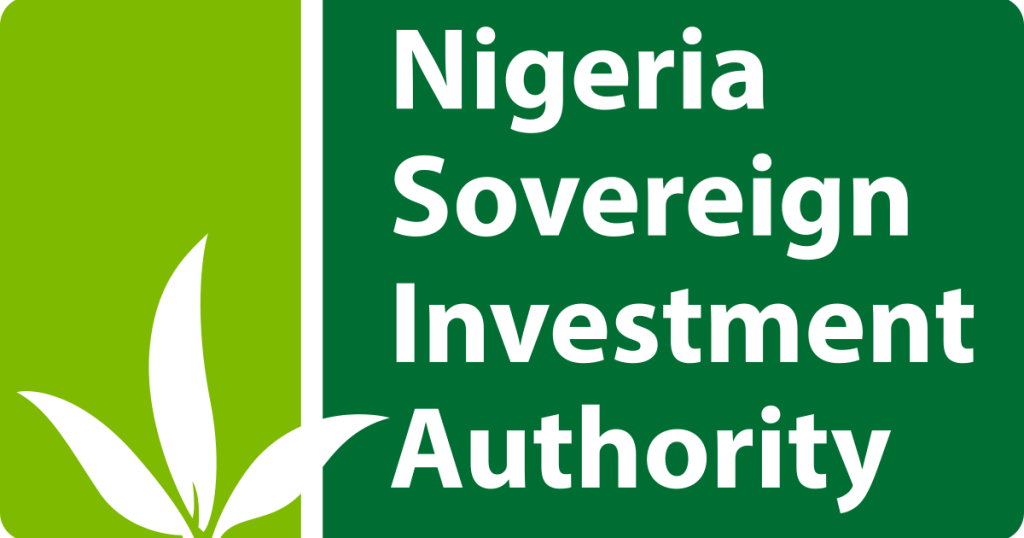The Nigeria Sovereign Investment Authority (NSIA) is poised to conclude its eight-year involvement in the Presidential Fertiliser Initiative (PFI), a program instrumental in revitalizing Nigeria’s fertilizer blending industry. Launched in 2017 with the aim of providing affordable and high-quality fertilizer to Nigerian farmers, the PFI, implemented by the NSIA through a special purpose vehicle, NAIC-NPK Limited, has overseen a remarkable expansion of the sector. From a mere four operational blending plants at the program’s inception, the number has surged to over 90, signifying a successful resurgence of domestic fertilizer production. The NSIA’s planned withdrawal stems from the belief that the PFI has achieved its core objective, rendering its continued presence unnecessary in a now liberalized and competitive market.
The NSIA’s strategy under the PFI involved managing the entire fertilizer production process, from sourcing raw materials to distributing the finished product. Initially, the NSIA procured all necessary inputs, facilitated transportation to blending plants, oversaw the blending process, and handled distribution. However, as participating companies gained financial stability, the NSIA encouraged them to secure bank guarantees and independently procure raw materials. This gradual shift in responsibility marked the NSIA’s transition towards a less hands-on role. Currently, the NSIA’s involvement is limited to importing phosphate and potash, with private operators taking charge of logistics and procuring other inputs like urea and limestone. The ultimate goal is for blending plants to handle all input sourcing independently within the next two to three years, completing the NSIA’s exit from the sector.
This planned withdrawal aligns with the current administration’s policy direction and is expected to proceed smoothly barring any unforeseen market disruptions. The NSIA views its intervention as a temporary measure designed to stabilize the blending sector and empower private operators to assume full control of the fertilizer value chain. The significant increase in operational blending plants, coupled with the lifting of the foreign exchange ban on fertilizer importation, has created a competitive market environment where private sector participation can flourish. The NSIA believes that its continued involvement would be redundant in this revitalized landscape.
Beyond the PFI, the NSIA has adopted a defensive asset allocation strategy across its Stabilisation Fund and Future Generations Fund to navigate global economic uncertainties. This strategy prioritizes capital preservation over aggressive growth by diversifying investments across various asset classes, including private equity, hedge funds, real estate, and inflation-linked instruments. While this approach may limit potential gains during market upswings, it provides a buffer against downturns, aligning with the NSIA’s mandate to safeguard sovereign wealth. The NSIA’s cautious approach reflects the volatile global economic landscape and aims to ensure the long-term stability of its investments.
The NSIA has also demonstrated a strong focus on attracting third-party capital for infrastructure investments. In addition to committing $500 million of its own funds, the Authority has successfully mobilized over $1 billion in third-party capital. This reflects the NSIA’s commitment to fostering public-private partnerships and leveraging external funding to drive infrastructure development. Successful initiatives include seeding a financial guarantor, which has grown significantly, and supporting the Nigerian Mortgage Refinance Company in securing a capital deal with a major global financial institution. Furthermore, the MedServe oncology project is nearing closure with a prominent institution. These ventures underscore the NSIA’s role in catalyzing investments in critical sectors.
Since its inception, the NSIA has received $1.82 billion in net government contributions, contributing to a net asset value of $2.84 billion (approximately N4.354 trillion) as of December 2024. The Authority’s 2024 financial performance showcases robust growth, with an operating income of N1.85 trillion, a profit after tax of N1.88 trillion, and a total comprehensive income of N1.88 trillion. The NSIA achieved a return on average assets of 12.2% and a return on average equity of 12.4%, indicating sound financial management and investment strategy. The NSIA remains committed to its core mandate of mobilizing capital and stimulating long-term economic growth in key sectors such as agriculture, housing, energy, and healthcare.














